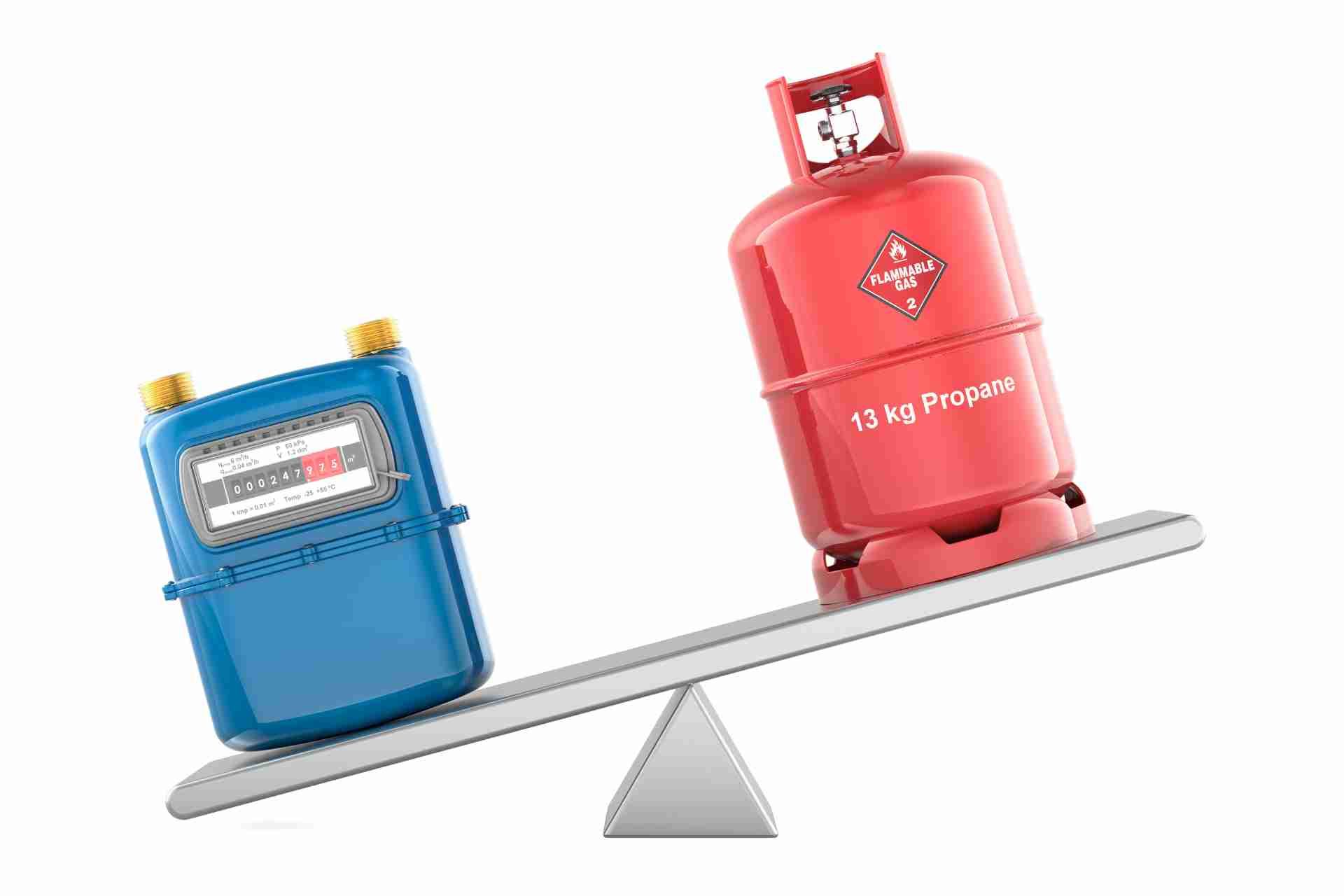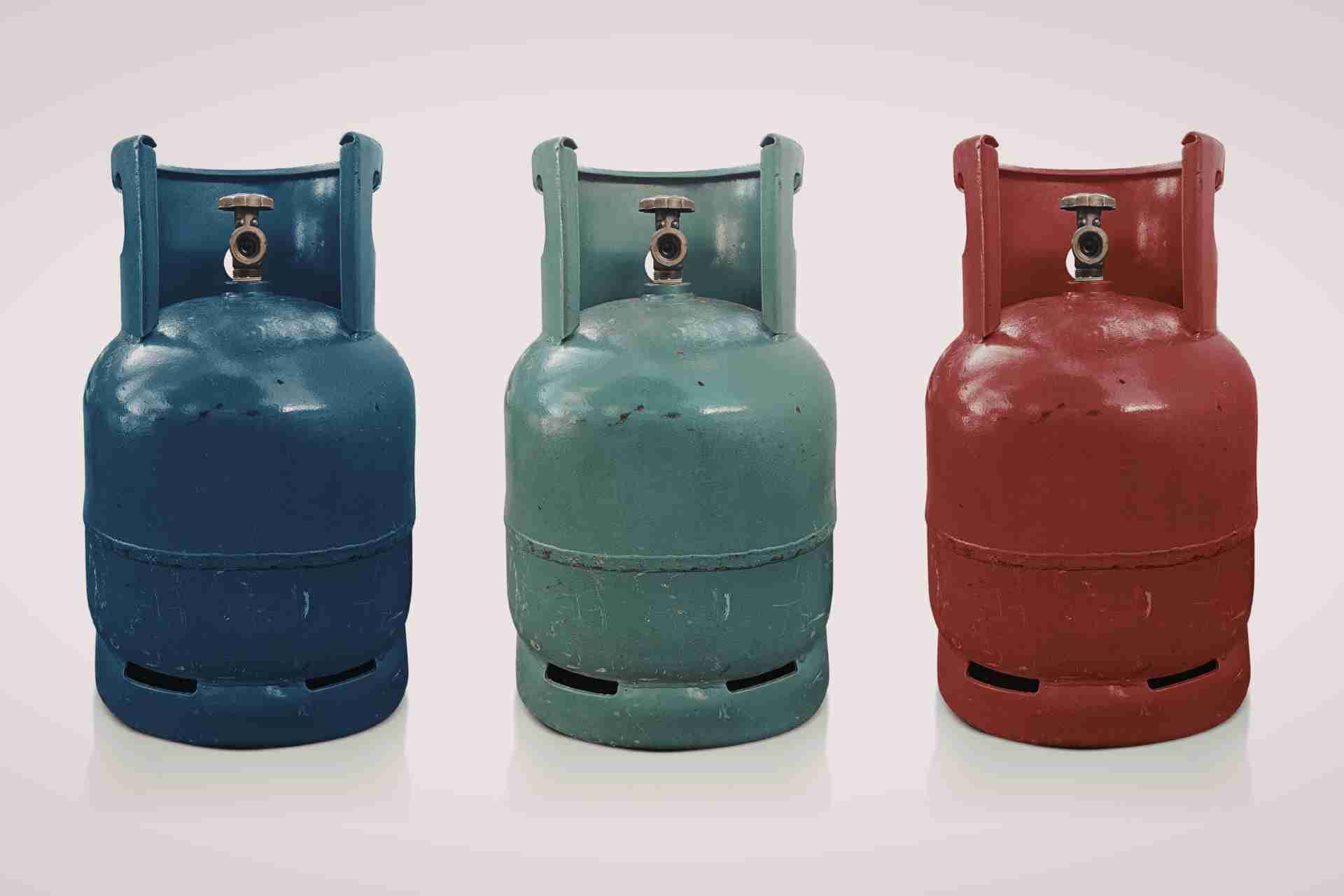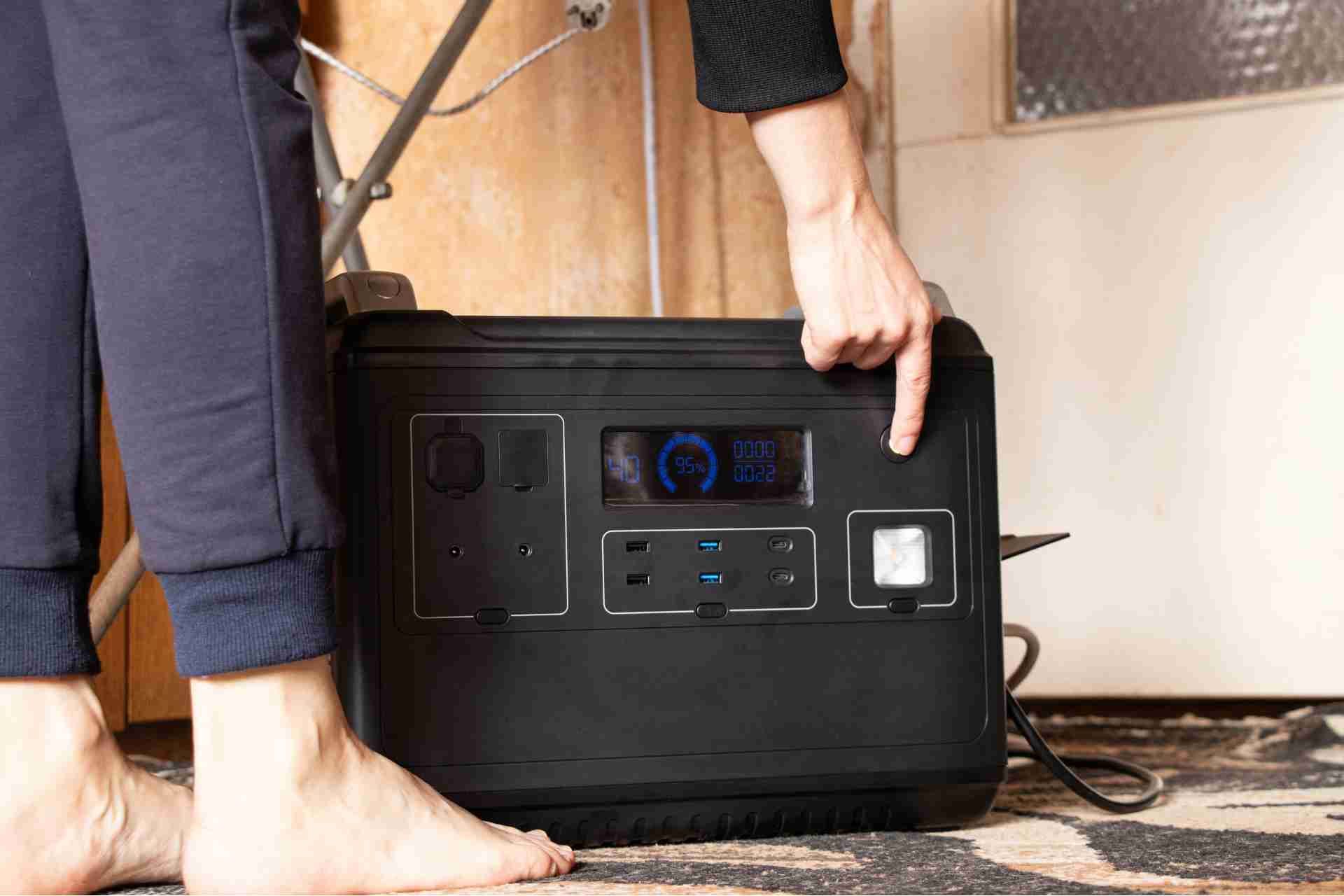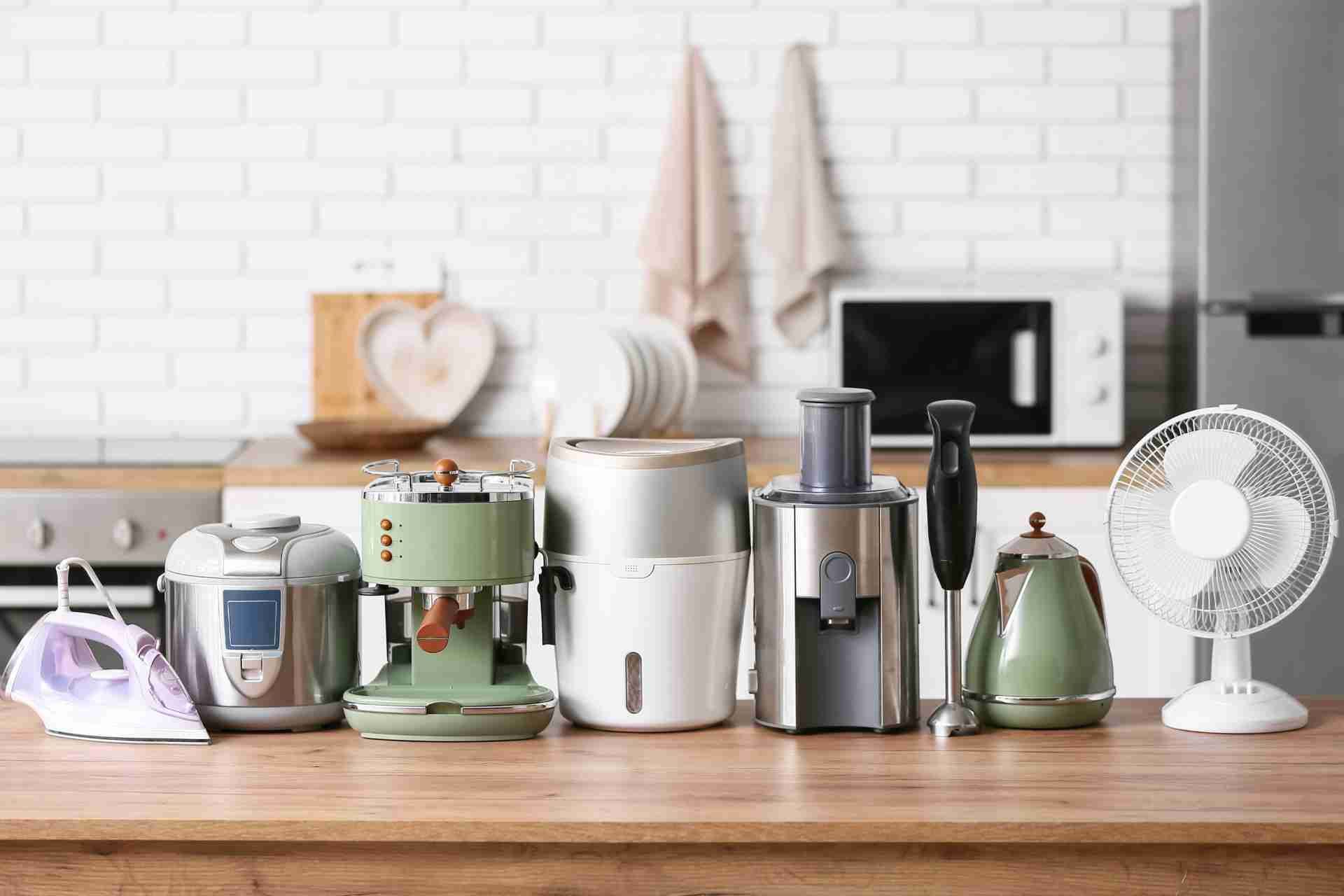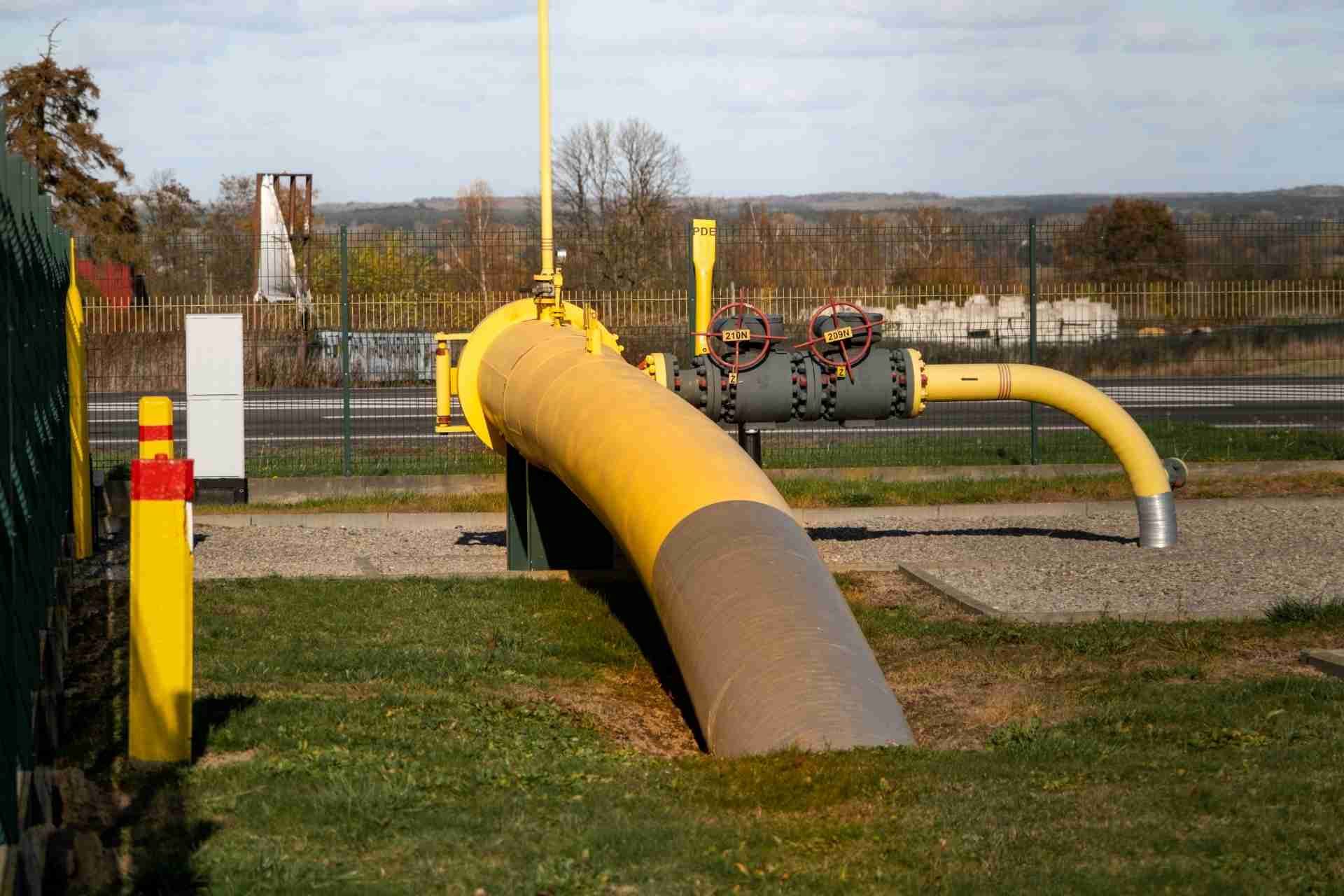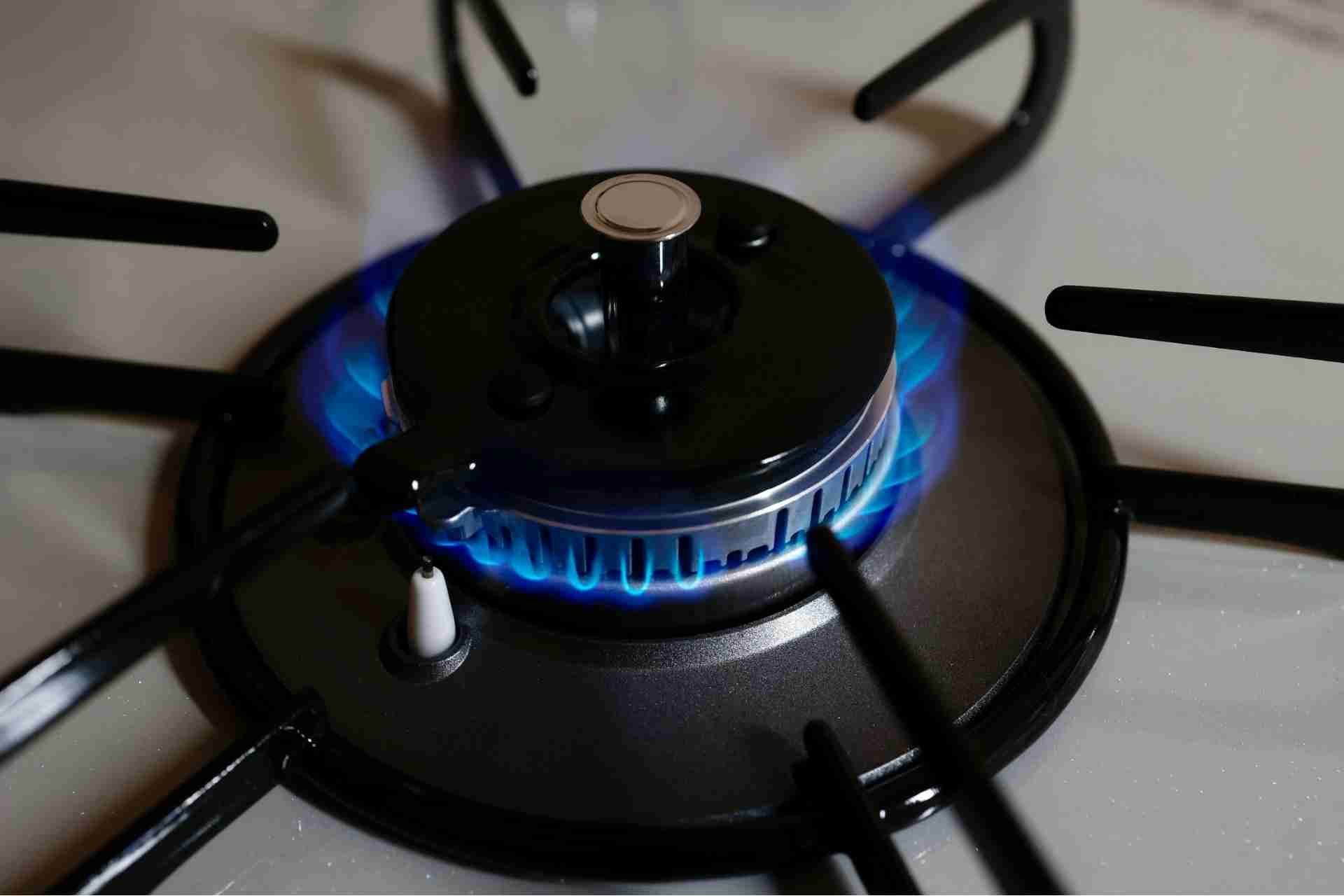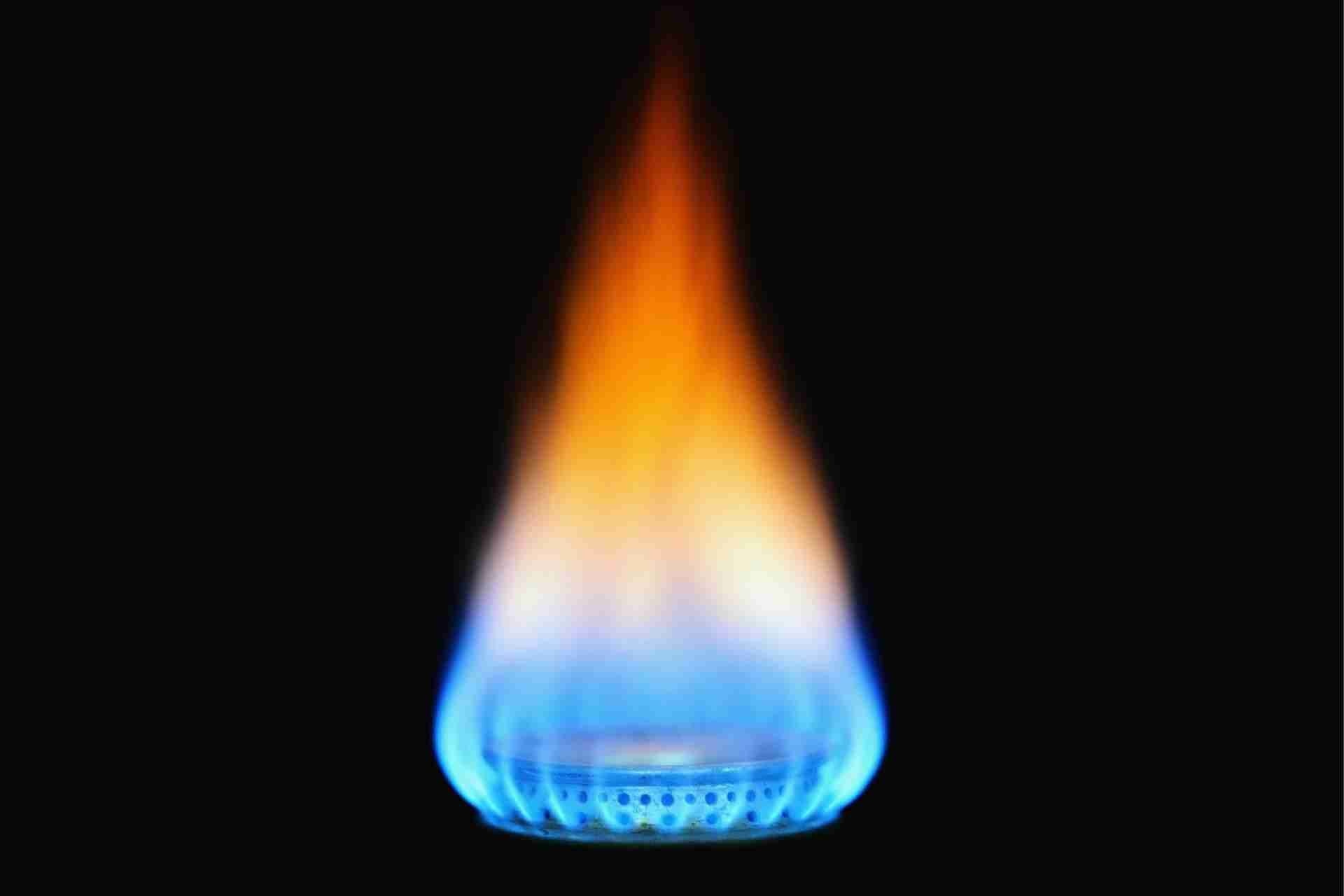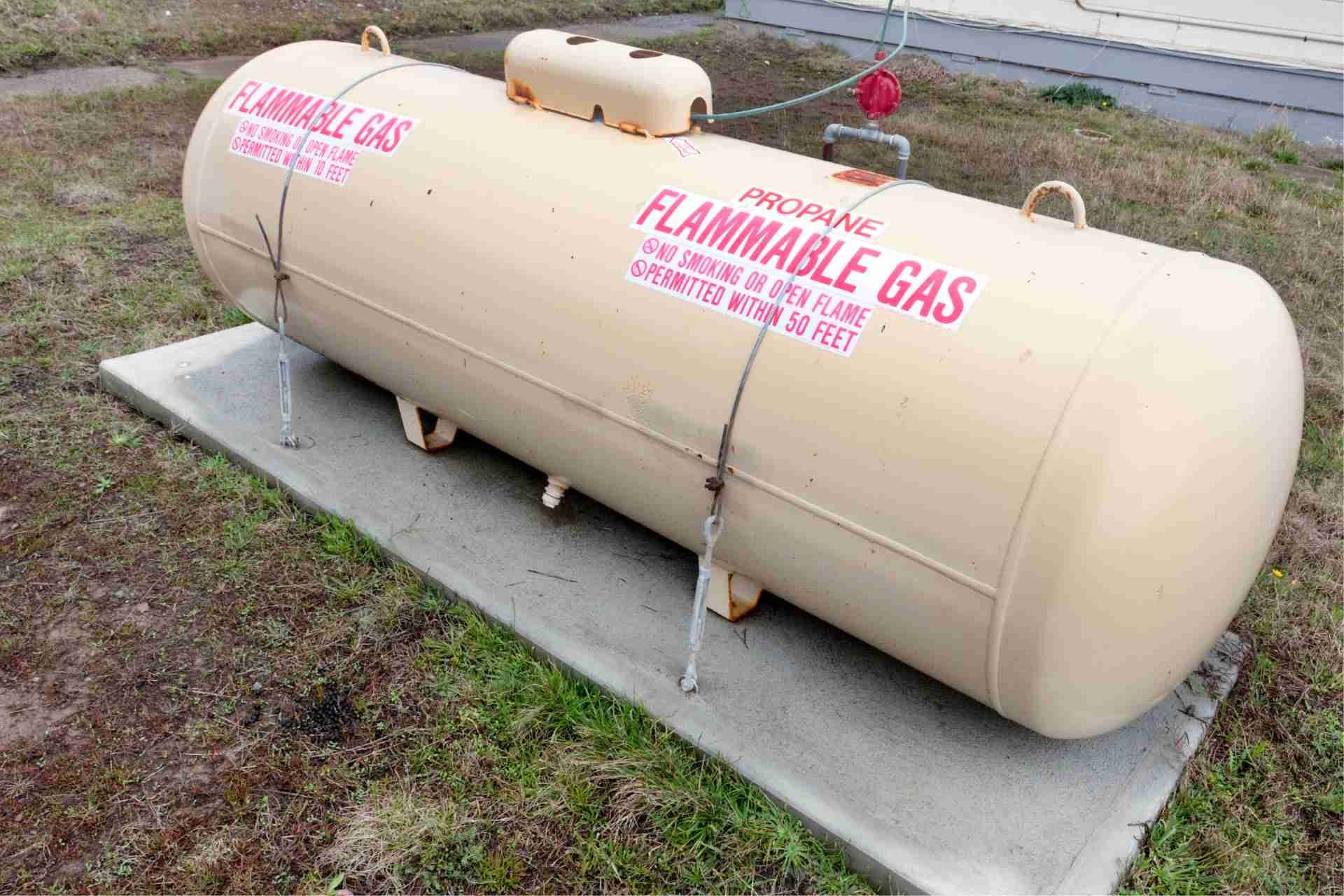What Happens During a Propane System Inspection? What You Should Expect
When you schedule a propane system inspection, you can expect a thorough evaluation of your entire setup. A qualified technician will look for visible signs of wear, damage, or leaks while also assessing the safety of appliance placements. Before the inspection begins, there are a few things you should know and prepare. Understanding what happens next can help you feel more at ease and ensure everything runs smoothly. Let's explore the details.
Importance of Regular Propane System Inspections
When you prioritize regular propane system inspections, you're not just ensuring safety; you're also enhancing the efficiency of your system.
These inspections help identify minor issues before they escalate into costly repairs or dangerous situations. By addressing leaks, checking connections, and assessing overall performance, you keep your system running smoothly.
It's not just about compliance; it's about peace of mind. Plus, a well-maintained propane system can improve energy efficiency, saving you money on fuel bills.
Regular inspections also extend the lifespan of your equipment, which means fewer replacements in the long run.
Ultimately, investing time and resources in these inspections pays off, ensuring your propane system operates safely and efficiently for years to come.
What to Expect Before the Inspection
What should you do to prepare for a propane system inspection? First, clear the area around your propane appliances and tanks. Remove any obstacles or debris that could hinder access.
Next, check for any visible signs of leaks or damage; if you notice anything unusual, mention it to the inspector.
It's also wise to gather any relevant documents, like past inspection reports or maintenance records, to provide context for the inspector.
Ensure you're available during the inspection to address any questions or concerns.
Lastly, consider informing other household members about the inspection schedule, so everyone is aware and prepared.
Initial Assessment of the Propane System
Once the area around your propane appliances and tanks is clear, the inspector will begin the initial assessment of the propane system.
They'll start by examining the overall setup, checking for any visible signs of wear or damage. The inspector will look closely at the tanks, hoses, and connections to ensure everything is in good condition.
They'll also assess the placement of your appliances to confirm they're compliant with safety regulations. This assessment helps identify potential issues before they become serious problems.
You should expect the inspector to ask questions about your usage and any past issues you've encountered. This information is crucial for a thorough evaluation and ensures your propane system operates safely and efficiently.
Checking for Gas Leaks
As the inspector moves forward, checking for gas leaks becomes a top priority to ensure your safety.
They'll use a specialized gas leak detection tool, often a soapy solution, to pinpoint any leaks in the system. You'll want to pay attention as they examine the connections, valves, and fittings, looking for any bubbles that indicate escaping gas.
If a leak is detected, the inspector will inform you immediately, guiding you on the next steps to fix the issue. It's crucial to take any leaks seriously, as they can pose significant risks.
Once they finish this check, you can feel more confident about your propane system's integrity and safety, knowing that the inspector has thoroughly assessed potential hazards.
Inspecting the Propane Tank
After ensuring there are no gas leaks, the next step is inspecting the propane tank itself.
You'll want to check for any visible signs of damage, such as dents, rust, or corrosion. Make sure the tank's labeling is clear and legible, as this information is crucial for safety and compliance.
Inspect the tank's pressure relief valve to ensure it's functioning properly and isn't blocked. You should also verify that the tank is securely anchored and positioned upright.
If you notice any signs of wear or irregularities, it's important to address these issues immediately. A well-maintained tank is essential for a safe propane system, so don't overlook this critical inspection step.
Evaluating the Piping and Connections
Evaluating the piping and connections in your propane system is crucial for ensuring safe and efficient operation. During the inspection, a technician will closely examine all visible piping for signs of wear, corrosion, or leaks.
They'll check for proper supports and clearances, making sure everything's securely fastened and free from obstructions.
Connections, including fittings and joints, will also be scrutinized for tightness and integrity. If any connections show signs of degradation or damage, they may need to be replaced.
You should expect the technician to use gas detection equipment to identify any potential leaks. This thorough evaluation helps prevent costly repairs and ensures your system operates safely, giving you peace of mind when using propane in your home.
Examining the Pressure Regulator
The pressure regulator is a vital component of your propane system, ensuring that gas is delivered at the correct pressure for safe operation.
During the inspection, the technician will first check for any signs of wear or damage. They'll examine the regulator's connections to make sure they're secure and leak-free. If they find any issues, they may suggest repairs or replacements to maintain safety and efficiency.
Next, the technician will measure the output pressure to ensure it falls within the recommended range. This step is crucial, as incorrect pressure can lead to appliance malfunction or safety hazards.
Assessing the Burners and Appliances
When assessing the burners and appliances in your propane system, it's essential to check for any signs of wear or malfunction that could impact performance.
Start by inspecting the burners for rust, corrosion, or blockages that can hinder combustion. Look for any uneven flames, which may indicate improper air-to-fuel ratios or clogs.
Don't forget to examine the appliance connections; ensure they're tight and leak-free. Test the ignition system to verify it sparks reliably.
If you notice any odor of gas or unusual sounds, take those seriously—they're red flags.
Lastly, ensure that appliances are clean and free from buildup, as this promotes efficiency and safety. Regular maintenance ensures your system operates smoothly and reduces potential hazards.
Review of Safety Features
While reviewing safety features in your propane system, you'll want to focus on key components that help prevent accidents and ensure reliable operation.
Start by checking the pressure relief valve; it plays a vital role in releasing excess pressure. Next, inspect the propane leak detectors; they should be functional and placed strategically.
Make sure the shut-off valve is easily accessible and in good condition, allowing you to quickly stop the gas flow in emergencies. Additionally, examine the hoses for any signs of wear or damage, as they can lead to leaks.
Lastly, ensure that your system meets local safety codes and regulations, giving you peace of mind while using propane in your home or business.
Final Recommendations and Next Steps
As you wrap up your propane system inspection, prioritize addressing any issues you've identified to ensure safe and efficient operation.
If you've found leaks, corrosion, or faulty components, schedule repairs immediately. It's crucial to consult a certified technician for any major fixes or replacements.
Next, consider implementing a regular maintenance schedule. This helps catch potential problems early, extending the lifespan of your system.
Don't forget to review safety protocols with everyone who uses the propane system, ensuring they know emergency procedures.
Lastly, document your inspection findings and any actions taken. Keeping accurate records can be invaluable for future inspections and maintenance.
Conclusion
In conclusion, a propane system inspection is crucial for ensuring your safety and the efficiency of your system. By preparing for the inspection and understanding what to expect, you can help the technician conduct a thorough assessment. Keep the area clear, gather necessary documents, and be ready to discuss your usage history. Following the technician's recommendations will not only enhance safety but also prolong the life of your propane system. Stay proactive, and keep your home safe!

